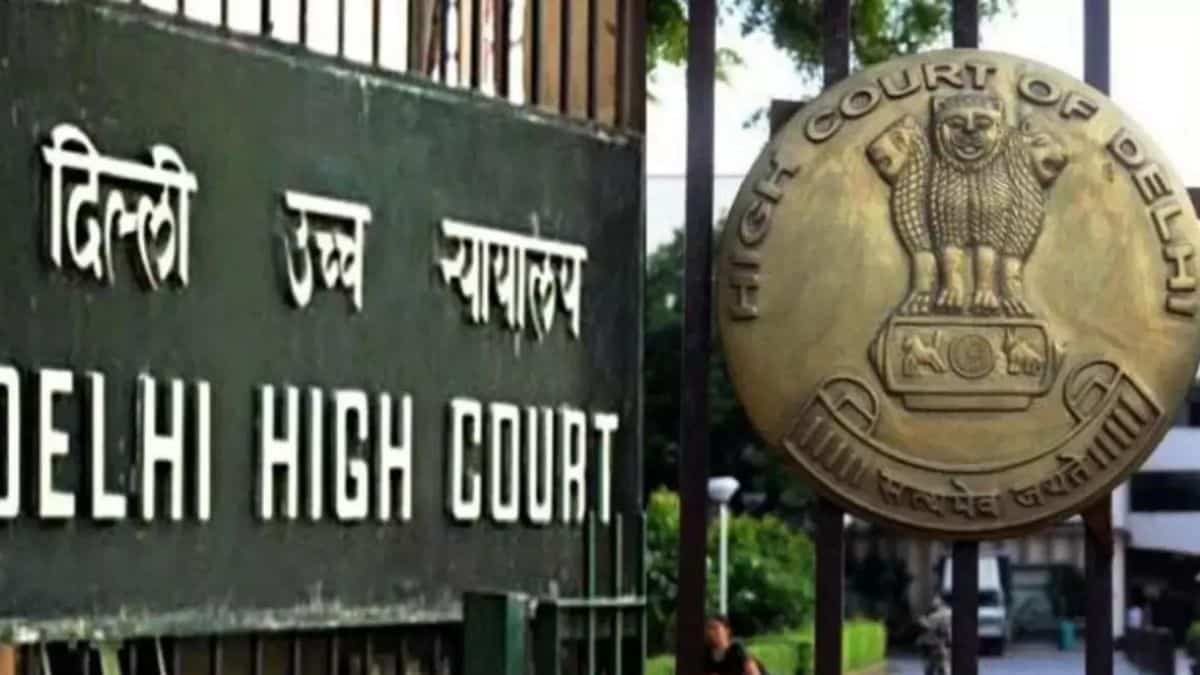In a landmark move towards modernizing judicial processes, the Delhi High Court has unveiled India’s first pilot hybrid courtroom equipped with advanced ‘speech-to-text’ technology. This innovative courtroom, launched on July 19, 2024, marks a significant step forward in integrating technology into the Indian judicial system.
The new hybrid courtroom represents a bold initiative to blend physical and virtual court proceedings, aiming to make the legal process more accessible and efficient. The courtroom features state-of-the-art equipment, including high-definition video conferencing tools, advanced audio systems, and a sophisticated ‘speech-to-text’ transcription service.
Key Features of the Hybrid Courtroom:
- Speech-to-Text Technology: This cutting-edge feature converts spoken words into written text in real time. It enhances the accuracy of court records and ensures that all verbal exchanges during proceedings are documented meticulously.
- Hybrid Hearing Facilities: The courtroom is designed to accommodate both in-person and virtual hearings. This dual setup allows for greater flexibility, enabling parties, witnesses, and legal representatives to participate remotely when necessary.
- User-Friendly Interface: The system is designed to be intuitive for judges, lawyers, and litigants. It includes a user-friendly interface for managing audio-visual connections and accessing real-time transcripts.
Implications for the Legal System:
Introducing this hybrid courtroom is expected to bring numerous benefits to the Indian judiciary. It aims to reduce the backlog of cases by facilitating efficient case management and making it easier for individuals from different locations to participate in hearings. Additionally, the ‘speech-to-text’ feature will improve the accuracy of court records and make proceedings more transparent.
Justice Pratibha M. Singh, the Delhi High Court judge who inaugurated the courtroom, emphasized the role of technology in enhancing judicial efficiency. “This hybrid courtroom is a step towards modernizing our legal processes and making justice more accessible to the public,” she stated.
Future Prospects:
The success of this pilot project could pave the way for the implementation of similar technologies in other courts across India. The Delhi High Court will closely monitor the performance of the hybrid courtroom over the coming months to assess its effectiveness and address any challenges that may arise.
As the legal community and the public adjust to these new technological advancements, the Delhi High Court’s initiative stands as a testament to the ongoing efforts to reform and streamline the Indian judicial system.

